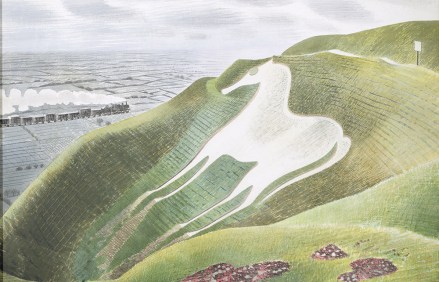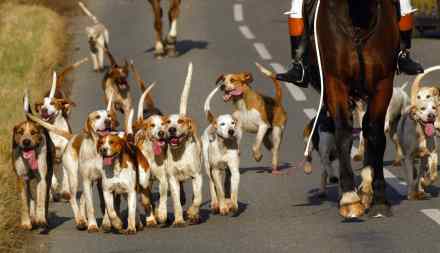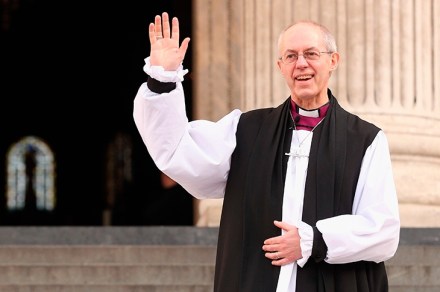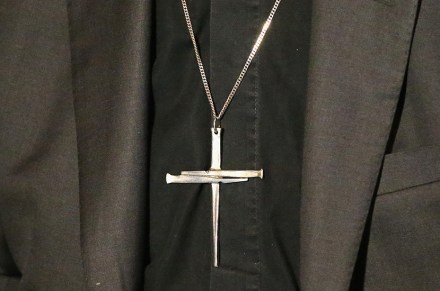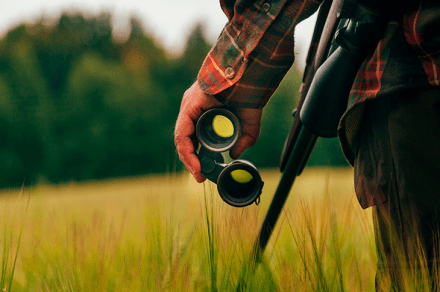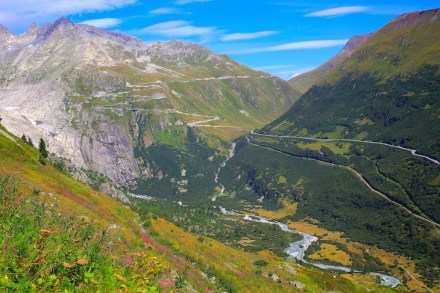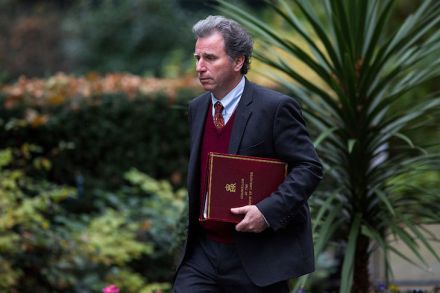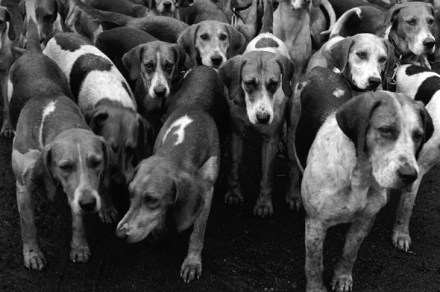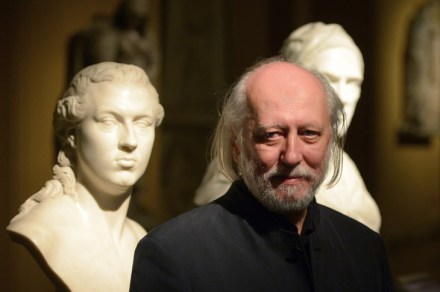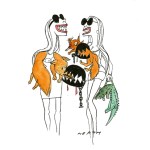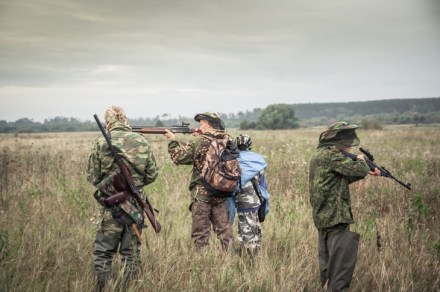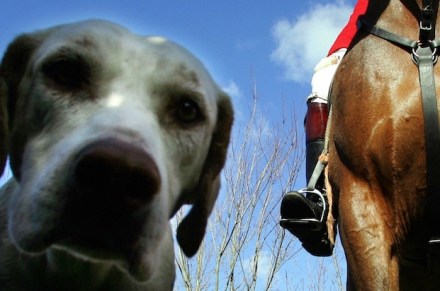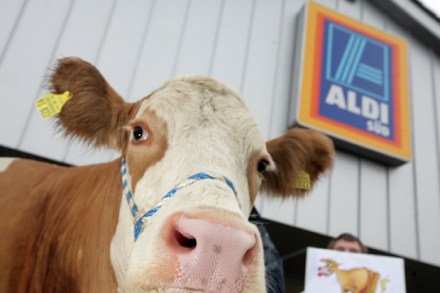Botswana’s President: elephant hunting isn’t cruel, it’s necessary
Last month, Botswana’s Minister for Environment and Tourism Dumezweni Mthimkhulu threatened to send 10,000 elephants to Hyde Park. This week, Botswana’s President Mokgweetsi Eric Keabetswe Masisi went a step further and suggested sending 20,000 elephants to Germany. These are strange and not entirely plausible threats, yet they reflect the frustration that Botswanan politicians feel over western governments lecturing them about animal rights. The United Kingdom and Germany are both in the process of passing laws to block the importing of hunting trophies. The point Masisi and his government want to make is that, unlike westerners, the people of Botswana live in increasingly close proximity to the world’s largest population of



